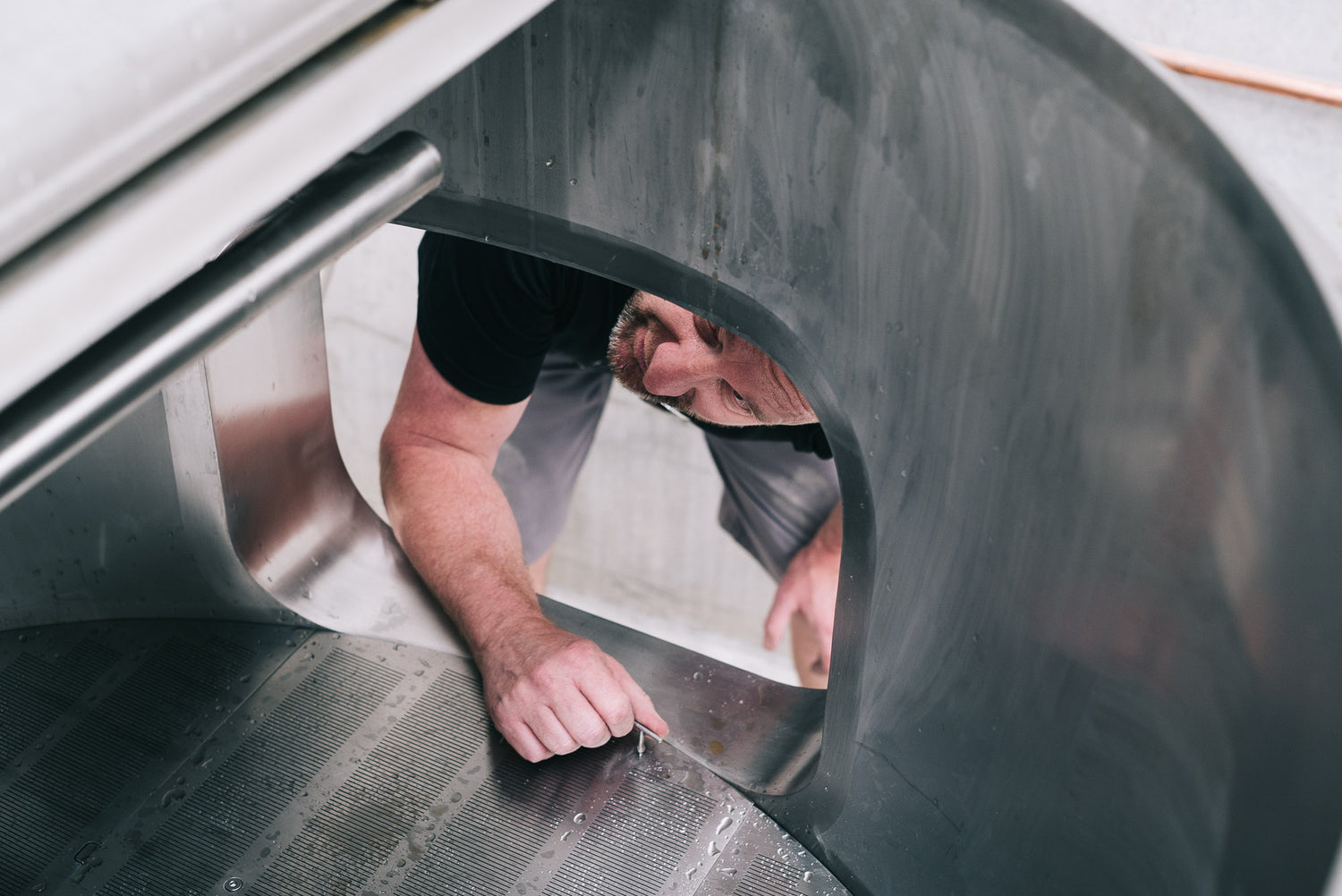What is gluten reduced beer?
Some brewers use clarifying enzymes and filtration to 'reduce’ the gluten in their beer and has become the standard for European brewers. Some Australian breweries have also adopted the same technique so they can market their beers to a broader audience. "Low gluten" is considered to be less than 20 ppm gluten content.
Do these techniques really reduce the gluten in the beer?
The latest research from Edith Cowan University has confirmed gluten reduced beers are not gluten free and some have just as much gluten as regular beers – having the potential to make some consumers really sick. “In practice most low-gluten products have detectable gluten” Professor Michelle Colgrave concluded. “People with Coeliac Disease should avoid beer made using cereal grains irrespective of the gluten reduction method. Despite the reduced gluten label, there is a risk that it contains gluten protein.”

What did the study find out?
Researchers tested gluten reduced beers from around the world, including one Australian beer marketed as a low carb, low gluten Lager, and found that several purportedly low or reduced gluten beers contain equivalent or higher amounts of gluten proteins than regular beers.
1) Current available testing methods cannot verify if a beer is in fact “low gluten” - Nine “Low Gluten” beers that were specifically processed to remove gluten had less than 20 mg/kg gluten as measured by enzyme-linked immunosorbent assay (ELISA), the gluten test method used by food testing laboratories, though in ALL cases, specific hordein-derived peptides (gluten) were detected using liquid chromatography-mass spectrometry (LC-MS) testing. The industry standard ELISA test has been shown to be ineffective for fermented products giving false negative results.
2) Cross contamination is a genuine risk and had occurred in eight of the nine beers tested – in all but one, trace levels of wheat contamination were detected, suggesting that contamination occurs at some point in production or packing for most “low gluten” beers.
Is gluten reduced beer safe for people with coeliac disease?
We often hear the question, “is gluten reduced beer safe for people with coeliac disease?”. According to the study from ECU, the short answer is no. Gluten testing methods that are commercially available to brewers don’t work for fermented beverages and cross contamination is almost impossible to avoid if the beer is brewed on the same equipment as barley beers.
Breweries marketing “low gluten” beer are not deliberately misleading consumers and are likely completely unaware the testing method they use is ineffective or that they are putting consumers health and their brand reputation at risk.
What should you look for on the label?
Gluten content labels inform food choice and people practicing a gluten-free diet should be able to rely upon them to avoid illness. When it comes to labelling claims, Australian Food Standards have two permissible claims; Gluten Free or Low Gluten.
In order to claim gluten free, you cannot brew with barley, wheat, rye or oats. The beer must be made from certified gluten free alternative grain malts like rice, millet, buckwheat, sorghum or corn.
“Low gluten” is a permissible claim on labels for beers made from barley, that have used enzymes and filtration to “reduce” gluten levels, then tested using commercially available tests. The recent study from ECU concluded the current testing methods available to breweries cannot reliably detect gluten in fermented beverages, so the low gluten claim is unverifiable without laboratory testing using LC-MS.
There’s no such thing as a “gluten friendly”, this is not a permissible claim under Australian Food Standards and as such, should be avoided if you have Coeliac Disease. “There’s no middle ground for people with coeliac disease”, says TWØBAYS founder and CEO Richard Jeffares, “I learned the hard way early on after my diagnosis with coeliac disease, it’s not worth rolling the dice and drinking ‘gluten friendly’ barley beer. There’s nothing ‘friendly’ about even a tiny bit of gluten contamination”.
Seeking out a beer with the Coeliac Australia endorsement logo, like the TWØBAYS range, is the best way to ensure you have a safe product to consume.

Why don’t more breweries use naturally gluten free grains?
Naturally gluten free grains like millet and rice malts are small, fiddly little grains, hard to mill, hard to mash, hard to sparge, hard to ferment, hard to get the right flavours from, and ridiculously expensive compared to barley. And this research has confirmed that without a dedicated gluten free brewing facility, cross contamination is almost impossible to avoid.

The good news is beer lovers with Coeliac Disease do not need to put their health at risk to enjoy a beer. TWØBAYS brew exclusively with naturally gluten free malted grains, in a custom built brewery that has never touched barley, wheat, oats or rye. And it IS possible to make great beer without the gluten, as proven by the TWØBAYS Session Ale winning Champion Specialty Beer at the Australian Independent Beer awards 2023, ahead of dozens of gold medal winning barley beers. Avoiding gluten doesn’t mean avoiding great beer.

Where can I read more?
To read the full research paper visit www.mdpi.com






